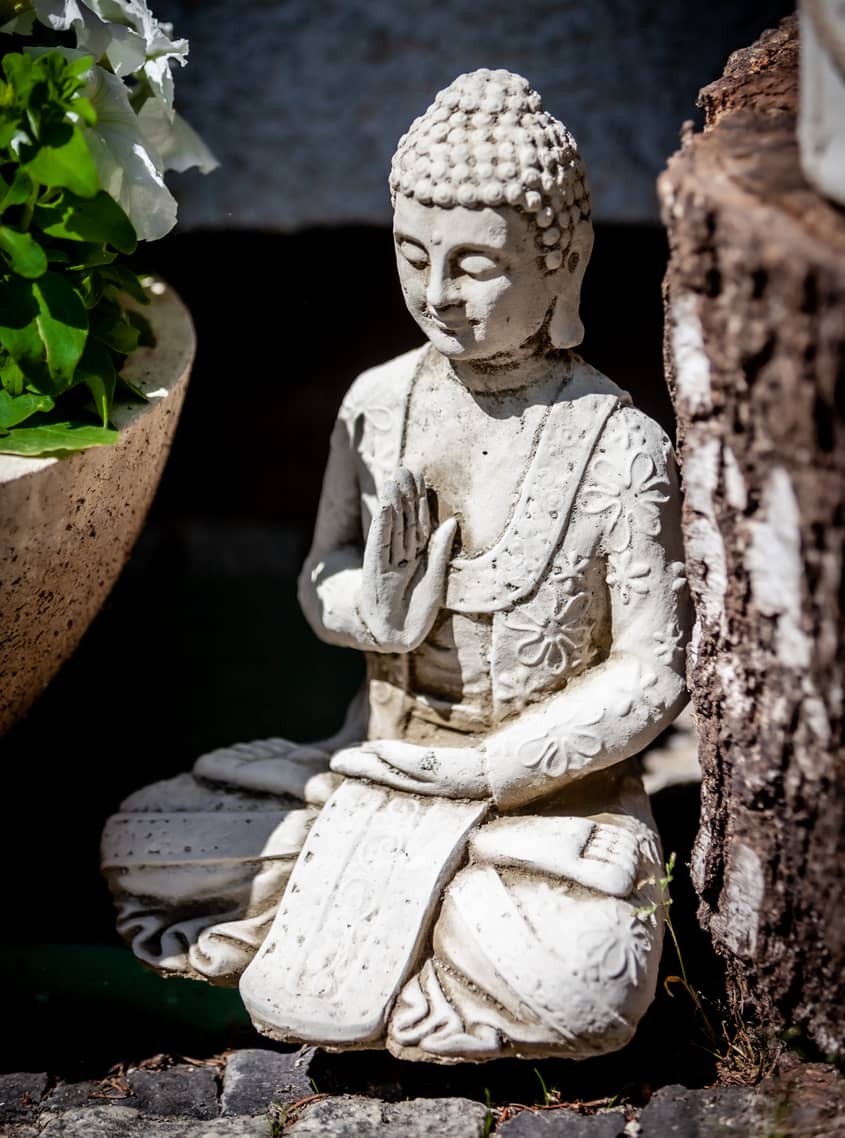What is Mindfulness?
Mindfulness has become a bit of a buzz word, becoming increasingly popular within the corporate world, the medical world, within the education system and for the regular Joe Bloggs. I am seeing more and more therapists use it alongside their chosen therapeutic approach and parents are wanting to know how they can practice it with their children. Why might this be? Is it just a popular fad that will pass, or is there more to it?

The concept of mindfulness involves paying attention to your present situation and state of mind. This can mean bringing awareness to your surroundings, emotions, your breathing, or simply to what you are eating. Mindfulness is practiced using meditation, it is commonly a part of yoga and the simplicity of it can mean that ‘mindful moments’ can be achieved throughout the average day. For example, when you are out for a walk, eating your dinner or making a cup of tea! When practicing mindfulness, we are paying attention in a particular way: on purpose, in the present moment, and nonjudgmentally.
The purpose of a mindfulness practice is to improve well-being. Increasing your capacity to be mindful makes it easier to enjoy even the smaller pleasures in life as they are happening, it helps you to be fully engaged in activities and it can increase resilience, giving you a greater capacity to cope with life events. Mindfulness practice can reduce the time we spend thinking about future worries or concerns from the past, it can help us to feel gratitude for what we already have, it can increase self- awareness and improve our ability to form deep connections with others.
Mindfulness is not a new phenomenon; it’s roots can be traced back from the early Eastern religions of Hinduism and Buddhism and most Western practitioners and teachers of mindfulness learned about it in the Buddhist and Hindu tradition. Although most religions include some type of prayer or meditation technique that helps to shift your thoughts away from your usual preoccupations toward the appreciation of the moment and a gratitude for the everyday. These Eastern religious traditions developed more than 4000 years ago. It didn’t reach the West until very recently in comparison. One of the biggest influencers in bringing mindfulness to the West in the 1970s was Jon Kabat-Zinn, founder of the Centre for Mindfulness at the University of Massachusetts Medical School and developer of the Mindfulness Based Stress Reduction program (MBSR). MBSR is an 8-week program aimed at reducing stress. Kabat-Zinn trained with Buddhist monks and then integrated his new knowledge with his work as a scientist presenting an evidence-based model of mindfulness that suited Western culture.

I first learned about mindfulness many years ago as a practicing social worker with a very busy caseload. A psychologist came to a team meeting and she spent no more than an hour explaining the concepts and how it can help to calm a busy mind. She had an intrigued audience; we were all overstretched and facing burnout. As interested as I was, my first thought was, I do not have the time for this. However, things continued, and I found myself feeling increasingly stressed. I loved my job and didn’t want to leave, but something needed to change for me to feel more able to manage. I knew the pressures of the job were not going to go away, if there was going to be any change it would have to come from me. The psychologist popped back into my mind and I thought what have I got to lose? I read up about mindfulness, I started to practice it, I went on training to further my understanding and I practiced some more, I’m still practicing!
My mindfulness practice became my saving grace. It gave me moments of calm in an otherwise hectic schedule, my tendency for catastrophic thinking reduced, I became more self-aware and kinder to myself, but most importantly my stress levels reduced. As a result, there is no going back for me, I will continue to practice mindfulness for my own well-being indefinitely. So, for me mindfulness is not just a popular fad, there is most certainly more to it and that is something that I want to share with all the people that I work with. Experiencing the positive impact for myself encouraged me to further my learning so that I could be a qualified Mindfulness Practitioner and teach mindfulness to my clients.

Of course, what I now know is that there is something incredible that happens inside our brains when we practice mindfulness. Neuroscience has shown us that practicing mindfulness meditation for ten minutes every day for three months can actually shrink our amygdala. This is the part of the brain responsible for our fight, flight, freeze. When this primitive part of our brain is switched on, we will function either within the modes of anger, anxiety or depression, or a combination of all three of these. Shrinking our amygdala allows any symptomology from these modes to improve. We can become less anxious, less aggressive and feel less depressed. Practicing mindfulness also helps to develop our insular, this part of the brain helps us to empathise and show compassion towards others and ourselves, growing the insular will help us to be kinder.

Finally, practicing mindfulness meditation can help to slow the ageing process. Yes, I did just say that! Stress affects something called our telomeres; these are protein caps on the end of each chromosome in your body. During cell division, the chromosome replicates, a process that shorten telomeres. When telomeres become too short the cell can no longer divide and replicate. This increases ageing in the body and is associated with age-related diseases. Research has shown that stress can shorten the length of telomeres. Scientists who have researched telomeres and how we can prevent the shortening process have discovered that meditators with extensive meditation experience have telomeres that are 10 per cent longer than people who were of a similar age and led a similar lifestyle but who had never meditated. In other words, meditation can lead to slower ageing.
The research and evidence base behind mindfulness continues to grow and as it does, we expect to see more examples of how mindfulness can help to improve symptoms of anxiety and depression and reduce stress.
If, like me, your first thoughts are “I haven’t got time for this”, remember this, just 90 seconds of mindfulness practice can be of benefit for 24 hours!

If you are interested in learning more, I teach mindfulness meditation to adult beginners in an 8 week program in my private clinic, I also hold one-to-one mindfulness sessions for children and adults. Contact me for more information.
 Leanne Astalos
Leanne Astalos
About me
I have been working with children, adults and families for over 15 years, providing a range of therapeutic services and relaxation classes designed to create positive changes for the mind, health and self.
More advice
Here you will find articles written by me that are my own thoughts influenced by the most up to date neuroscience, research and my experience as a therapeutic social worker and a Solution Focused Hypnotherapist and Psychotherapist.
